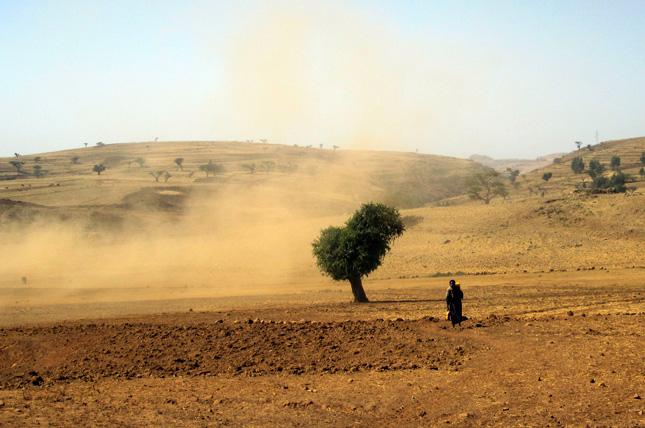-
Heather McGray & Kathleen Mogelgaard, World Resources Institute
Not Just Mitigation: National Climate Plans Raise Adaptation’s Profile
August 13, 2015 By Wilson Center Staff
As the world prepares for a pivotal climate conference in Paris this December, countries are offering their national plans to tackle a changing climate. These plans, known as intended nationally determined contributions (INDCs), contain details of what each country is prepared to do as part of a new global climate agreement. While the public focus is often on mitigation – how much countries are willing to reduce emissions, by when, and with what degree of transparency – adaptation to the impacts of climate change demands the same level of attention. In fact, the last round of international climate talks in Lima invited parties to include adaptation in their INDCs.
To date, 11 countries – China, Ethiopia, Gabon, Kenya, Marshall Islands, Mexico, Monaco, Morocco, Serbia, Singapore, and South Korea – have included adaptation in their INDCs. The United States and European Union have submitted “undertakings in adaptation planning,” a formal submission outside the INDC process that was also invited in the Lima decision. This degree of attention to adaptation issues foreshadows what is likely to be an enhanced focus on adaptation in the Paris negotiations.
Flexibility, With Common Elements
Countries have a great deal of flexibility in the kind of adaptation information they share, and their rationales for including adaptation may differ. Some may wish to communicate advances in adaptation planning and action, highlight the vulnerability of important economic sectors, or demonstrate their readiness for various forms of international support. Some may also wish to raise the general profile of adaptation action in order to encourage and support the idea of a long-term goal on adaptation in the international agreement.
Continue reading at the World Resources Institute.
Sources: World Resources Institute.
Photo Credit: Deforestation and erosion in Senbetge, Ethiopia, courtesy of the European Commission DG ECHO.
 A Publication of the Stimson Center.
A Publication of the Stimson Center.






